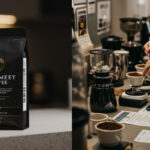
Coffee in Brazil: How We Became One of the World’s Largest Producers
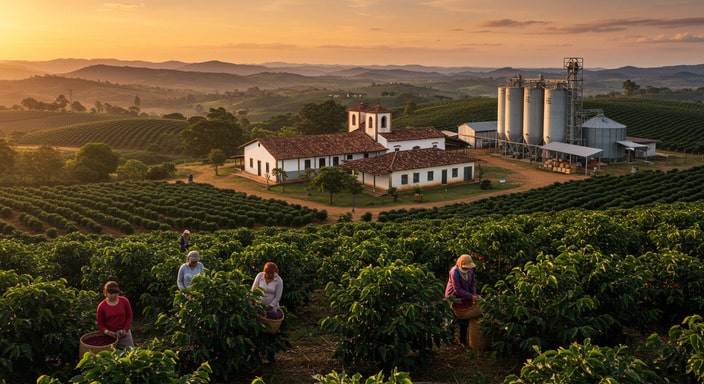
Table of Contents
ToggleBrazil and coffee are inseparable. As the largest coffee producer in the world, Brazil has played a crucial role in shaping the global coffee industry. From its first arrival in the 18th century to becoming an economic powerhouse, coffee has influenced Brazil’s history, economy, and culture in profound ways. But how did a country with no native coffee plants rise to dominate the world market? Let’s explore Brazil’s incredible journey with coffee—from its introduction to its modern-day global impact.
The Arrival of Coffee in Brazil: A Tale of Seduction and Smuggling
The origins of coffee in Brazil date back to 1727, when Francisco de Melo Palheta, a Portuguese officer, was sent on a diplomatic mission to French Guiana. His secret objective? To obtain coffee plants for Brazil.
At the time, France tightly controlled its coffee crops and refused to share them. However, legend has it that Palheta charmed the French governor’s wife, who secretly gifted him coffee seeds hidden in a bouquet of flowers. This act of smuggling marked the beginning of Brazil’s coffee industry.
Palheta planted the first coffee trees in Pará, in northern Brazil, but the crop truly thrived when it was introduced to the Southeast region, particularly Rio de Janeiro, São Paulo, and Minas Gerais. The warm climate, fertile soil, and vast land made Brazil the perfect place for large-scale coffee production.
The Coffee Boom: Brazil Becomes a Coffee Empire
By the 19th century, coffee had become Brazil’s most valuable export. Between 1820 and 1830, production increased exponentially, fueled by:
- Expanding plantations – Landowners in São Paulo and Minas Gerais converted massive areas into coffee farms.
- Slave labor – Until slavery was abolished in 1888, enslaved Africans were the main workforce in coffee plantations.
- Rising global demand – Coffee had become the drink of choice in Europe and North America.
The “Coffee Barons” and the Wealth of Brazil
The rise of coffee created a powerful elite known as the “coffee barons” (barões do café). These wealthy plantation owners controlled politics and the economy, particularly in São Paulo and Rio de Janeiro.
During the late 19th and early 20th centuries, coffee production financed Brazil’s modernization, funding railroads, cities, and even the country’s first industries. São Paulo, today Brazil’s economic hub, grew rapidly due to coffee wealth.
The Crisis: When Coffee Lost Its Crown
Brazil’s coffee dominance seemed unstoppable until the Great Depression (1929) hit. The economic crash drastically reduced international demand, leaving Brazil with massive coffee surpluses.
To prevent prices from collapsing further, the Brazilian government took drastic measures:
- Millions of bags of coffee were burned or dumped into the ocean to artificially reduce supply.
- Government intervention in the coffee market increased, setting quotas and price controls.
Although Brazil recovered, this event forced the country to diversify its economy, reducing its reliance on coffee exports.
Modernization and Innovation: Brazil in the 20th and 21st Century
Despite economic challenges, Brazil remained the world’s leading coffee producer by adopting modern techniques and improving quality. Some key developments include:
1. Mechanized Coffee Production
Brazil was one of the first countries to introduce large-scale mechanized harvesting, making production more efficient.
2. Specialty Coffee Movement
While Brazil was traditionally known for producing high-quantity, lower-cost coffee, the country has recently focused on specialty coffee. Brazilian farmers now experiment with:
- Unique processing methods (e.g., natural and honey processing)
- High-altitude cultivation for more complex flavors
- Sustainable and organic farming practices
3. Coffee Cooperatives and Fair Trade
To support small farmers, Brazil has developed coffee cooperatives, where producers work together to improve quality, marketing, and international sales.
Brazil Today: The Coffee Giant of the World
1. Largest Producer for Over 150 Years
Brazil has been the world’s top coffee producer since the 1860s, consistently supplying more than 30% of global coffee production.
2. Diverse Coffee Regions
Brazilian coffee is grown in over 15 states, with the most famous regions being:
- Minas Gerais – Produces nearly 50% of Brazil’s coffee, known for smooth, chocolatey flavors.
- São Paulo – Home to the famous “Mogiana” coffee, with balanced acidity and sweetness.
- Espírito Santo – Major producer of Robusta coffee.
- Bahia – Emerging as a high-quality specialty coffee region.
3. Coffee and Brazilian Culture
Coffee is deeply embedded in Brazilian life:
- The phrase “Vamos tomar um café?” (Let’s have a coffee?) is an invitation for socializing.
- The traditional “cafezinho” is a strong, small cup of coffee served everywhere, from homes to business meetings.
- Brazil hosts major coffee events, such as the “Cup of Excellence” competition, showcasing the country’s best beans.
The Future: Sustainable and High-Quality Coffee
As the coffee industry faces new challenges, including climate change and labor shortages, Brazil is investing in:
- Sustainable farming techniques to reduce environmental impact.
- Advanced technology, such as AI and drones, to optimize coffee production.
- Expanding specialty coffee exports, attracting premium buyers worldwide.
Conclusion: Brazil’s Coffee Legacy Continues
From a bouquet of smuggled coffee seeds to a global coffee empire, Brazil’s journey with coffee is extraordinary. The country has shaped the industry in ways no other nation has, influencing both coffee production and global coffee culture.
As the world’s largest producer, Brazil continues to lead in innovation, quality, and sustainability—ensuring that coffee lovers around the world will keep enjoying Brazilian coffee for generations to come. ☕🇧🇷
is an editor at Coffee With Finance and a true coffee enthusiast. He explores roasts, flavors, origins, and brewing methods, sharing stories that captivate both beginners and experts. Petter believes great coffee sparks meaningful moments—and that includes simple, jargon-free talks about personal finance. His content blends aroma, flavor, and insight, making each coffee break an inspiring and enriching experience.















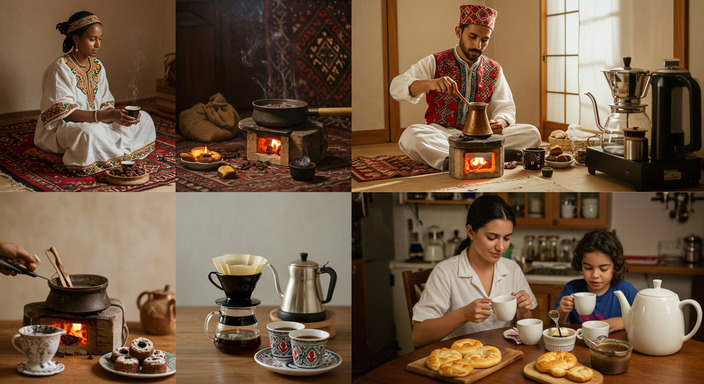
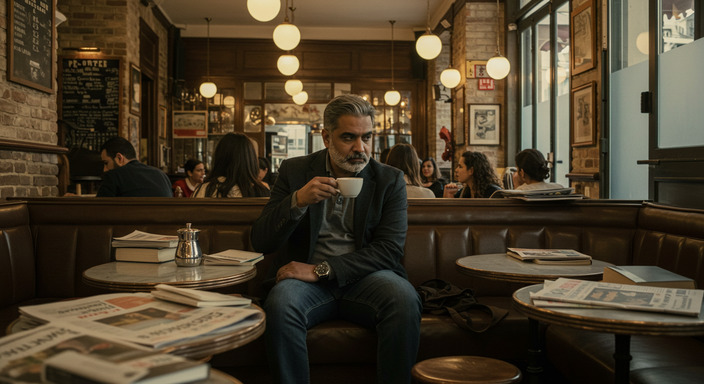
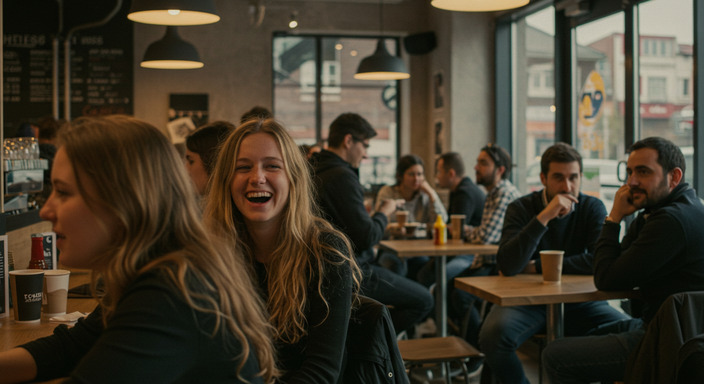










Post Comment